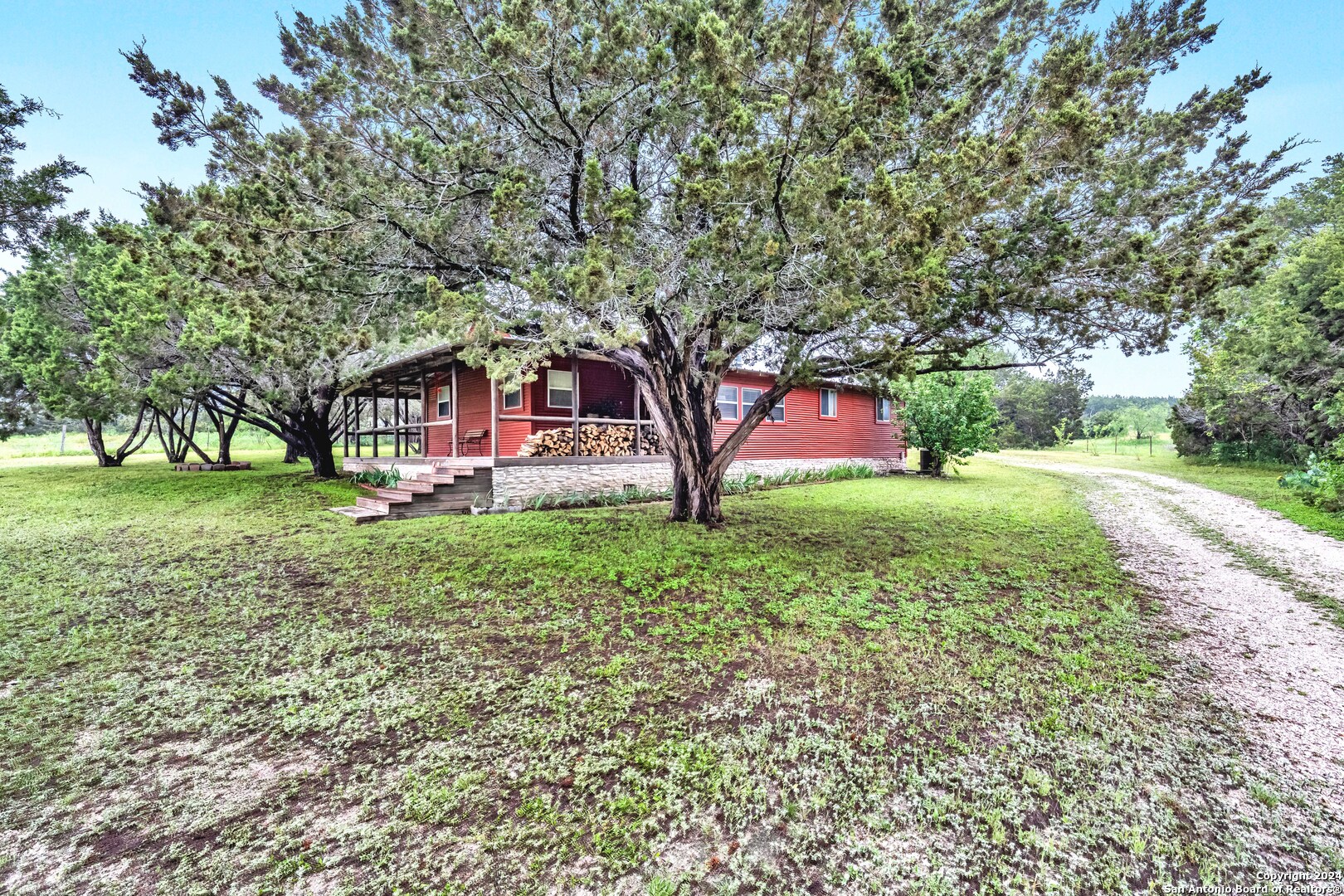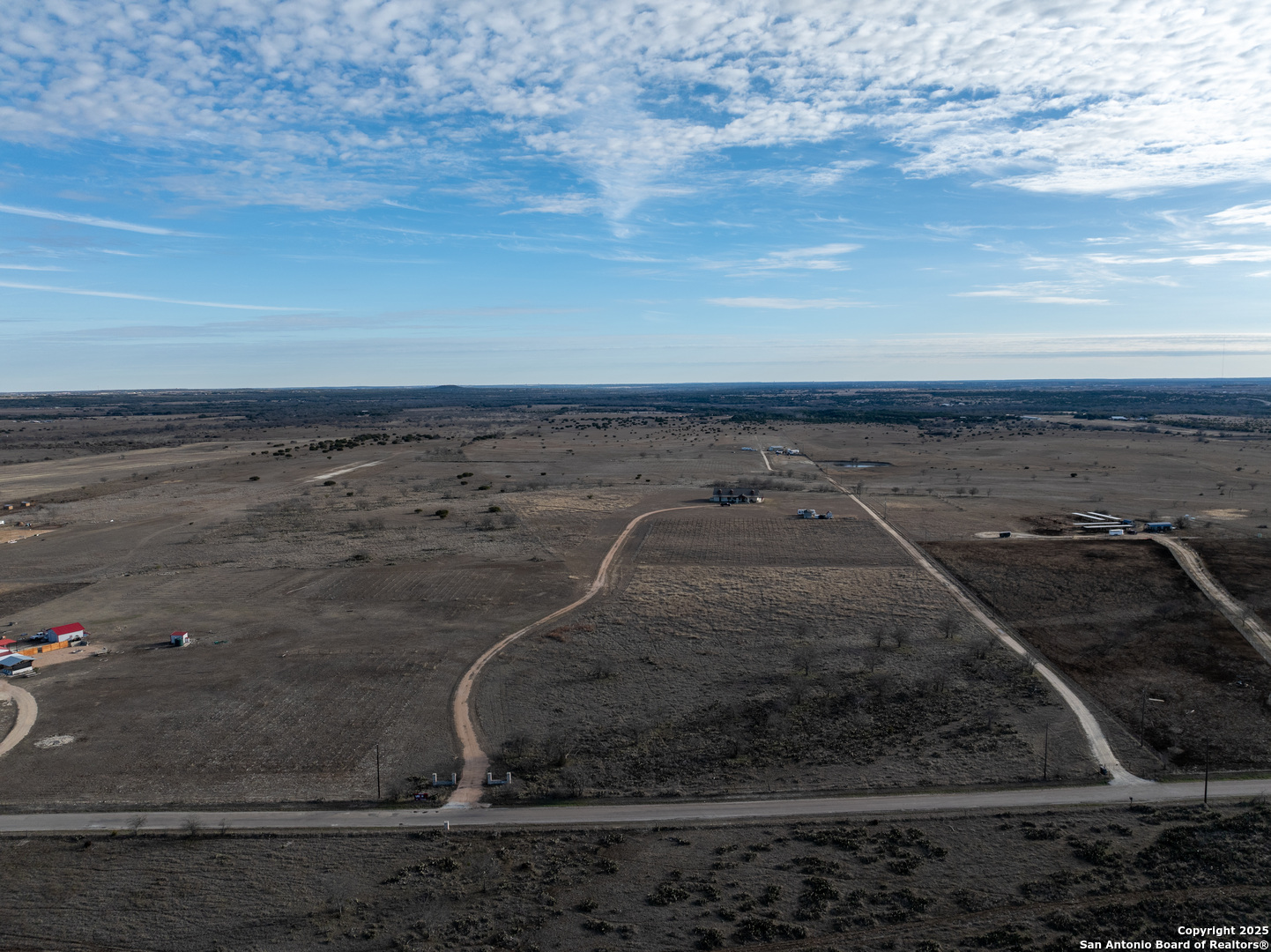January 33°F
July 94°F
Burnet County, located in the Texas Hill Country, is celebrated for its scenic beauty, historic landmarks, and vibrant community. Established in 1852, the county is known for its rolling hills, clear lakes, and picturesque landscapes. The county is a gateway to the Highland Lakes, offering abundant recreational opportunities and a rich cultural heritage. With a focus on preserving its natural beauty and historical significance, Burnet County is a cherished destination for residents and visitors alike.
AREA HISTORY
Burnet County has a rich and diverse history that dates back to its establishment in 1852. The area was originally inhabited by Native American tribes, including the Tonkawa and Comanche, before European settlers arrived in the 19th century.The county was named after David Gouverneur Burnet, the first president of the Republic of Texas. The arrival of the railroad in the late 19th century spurred economic growth and development. Historic sites such as Fort Croghan and theBurnet County Courthouse offer glimpses into the county’s past and its role inTexas history.
GEOGRAPHY
Burnet County, located in the heart of the Texas Hill Country, features a diverse and picturesque landscape. The county is characterized by rolling hills, clear lakes, and lush valleys, with the Highland Lakes being a prominent geographical feature. These lakes, including Lake Buchanan and Inks Lake, provide essential water resources and recreational opportunities. The terrain ranges from dense woodlands to open grasslands, supporting a variety of plant and animal life. The county's climate is humid subtropical, with hot summers and mild winters, making it suitable for outdoor activities and agriculture.
CULTURAL HERITAGE
Burnet County boasts a rich cultural heritage, with numerous festivals, events, and historical landmarks that celebrate its history and traditions. The annual Bluebonnet Festival in Burnet and the Marble Falls Lake Fest drag boat races are just a few of the events that draw visitors from near and far. Historic downtown areas feature museums, shops, and restaurants that reflect the county’s heritage and community spirit.
















